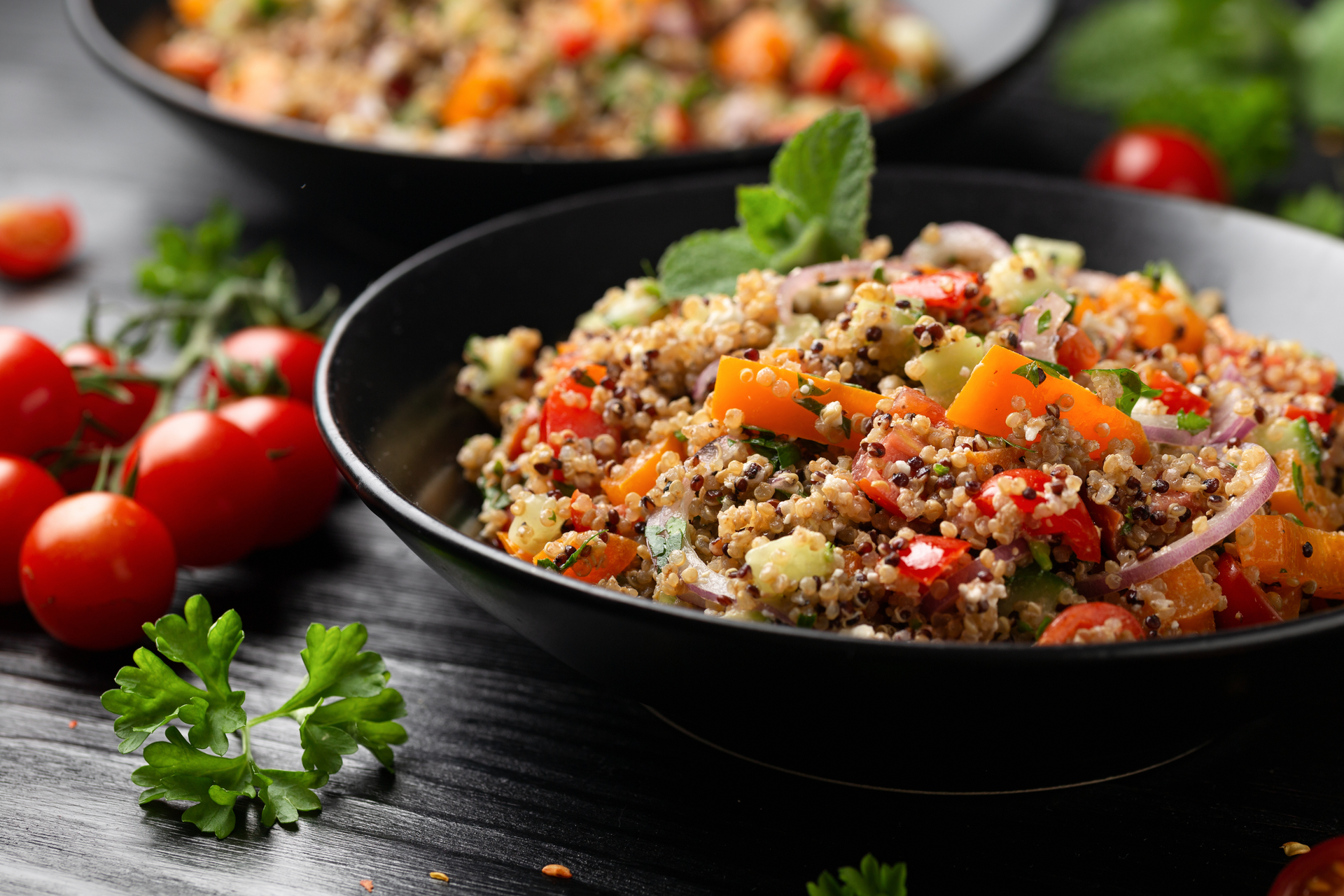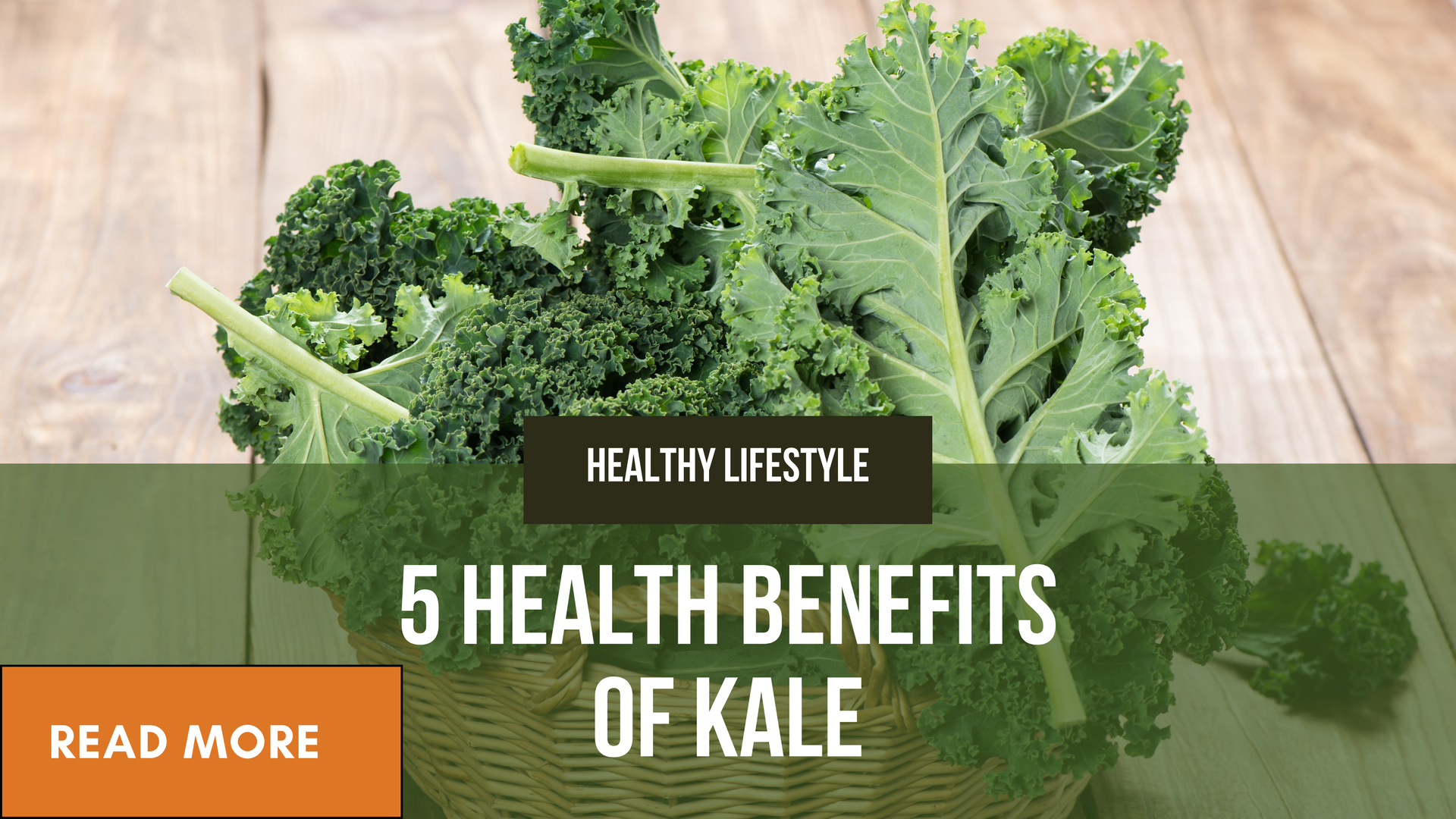5 Amazing Health Benefits of Kale
Kale has earned its title as a "superfood," and for good reason. This leafy green is packed with nutrients that offer a range of health benefits, making it a must-add to your plate. Whether you toss it into a salad, blend it into a smoothie, or bake it into crispy chips, kale can be a game-changer for your health. Here are five compelling reasons to make kale a staple in your diet:
1. Nutrient Powerhouse
Kale is loaded with essential vitamins and minerals. A single cup of raw kale provides:
- Vitamin K: Over 600% of your daily recommended intake, crucial for blood clotting and bone health.
- Vitamin A: Supports eye health and boosts your immune system.
- Vitamin C: A powerful antioxidant that promotes skin health and strengthens your immune defenses.
- Calcium and Potassium: Vital for bone strength and cardiovascular health.
With so many nutrients and just 33 calories per cup, kale offers incredible nutritional density.
2. Supports Heart Health
Kale is rich in compounds that benefit your heart. It contains:
- Fiber, which helps lower bad cholesterol (LDL) levels.
- Potassium, which helps regulate blood pressure.
- Antioxidants, such as quercetin, which reduce inflammation and protect against artery damage.
Adding kale to your meals can improve your heart health and reduce the risk of cardiovascular disease.
3. Promotes Liver Detoxification
Your liver works hard to filter toxins, and kale can give it a helping hand. Kale is high in glucosinolates, natural compounds that support the body’s detoxification process. These compounds activate enzymes in the liver to neutralize harmful toxins, promoting a cleaner, healthier system.
4. Boosts Eye Health
Kale is a standout vegetable for vision health. It’s loaded with lutein and zeaxanthin, antioxidants that protect your eyes from harmful blue light and reduce the risk of macular degeneration and cataracts. Its high vitamin A content also contributes to maintaining clear, healthy vision.
5. Helps Reduce Cancer Risk
Kale contains sulforaphane, a compound known for its cancer-fighting properties. This compound has been shown to inhibit the growth of cancer cells and prevent DNA damage. Regular consumption of cruciferous vegetables like kale has been linked to a reduced risk of several types of cancer, including colon, breast, and prostate cancer.
How to Incorporate Kale into Your Diet
- Smoothies: Blend kale with fruit, yogurt, and almond milk for a nutrient-packed smoothie.
- Salads: Massage raw kale leaves with olive oil and lemon juice to soften their texture and enhance flavor.
- Soups and Stews: Add chopped kale to your favorite soup or stew recipe.
- Chips: Bake kale leaves with a drizzle of olive oil and a sprinkle of sea salt for a crunchy snack.
Kale is a versatile, nutrient-dense vegetable that deserves a spot on your plate. Whether you’re looking to improve your heart health, support your liver, or boost your immune system, kale is a fantastic ally for overall wellness. Make it a regular part of your meals and enjoy the countless benefits it brings!








